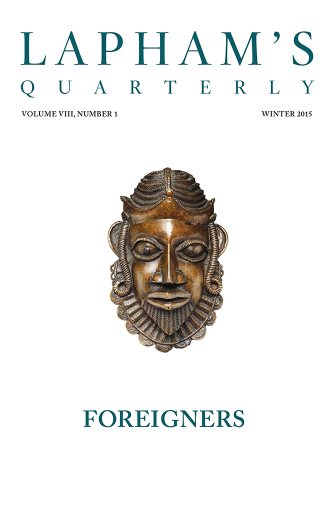A monarchy is destroyed when a sovereign imagines that he displays his power more by changing the order of things than by adhering to it, and when he is more fond of his own imaginations than of his will, from which the laws proceed and have proceeded.
The supreme art of governing a state consists in the precise knowledge of that degree of power, whether great or small, which ought to be exerted according to the different exigencies of affairs. For in a monarchy, the prosperity of the state depends in part on a mild and condescending government. In the best constructed machines, art employs the least moment, force, and fewest wheels possible. This rule holds equally good in the administration of government; the most simple expedients are often the very best, and the most intricate the very worst. There is a certain facility in this method of governing: it is better for the sovereign to encourage, and for the laws to threaten. It is certain that a high opinion of the glory and power of the sovereign would increase the strength of his administration; but a good opinion of his love of justice will increase it at least as much. All this will never please those flatterers who are daily instilling this pernicious maxim into all the sovereigns on earth, that their people are created for them only. For God forbid that after this legislation is finished, any nation on earth should be more just and, consequently, should flourish more than Russia. Otherwise, the intention of our laws would be totally frustrated, an unhappiness that I do not wish to survive. All the examples and customs of different nations that are introduced ought to produce no other effect than to cooperate in the choice of those means that may render the people of Russia, humanly speaking, the most happy in themselves of any people on earth.
From Instructions to the Commissioners for Composing a New Code of Laws. Born in Germany, Catherine seized the Russian throne through a 1762 coup against her husband, Peter III. She borrowed heavily from French Enlightenment thinkers for these instructions. “I have robbed Montesquieu without mentioning him by name,” she wrote in a letter to Jean Le Rond d’Alembert. “If he sees my work from the next world, I hope he will pardon me this plagiarism for the good of twenty million people.”
Back to Issue


